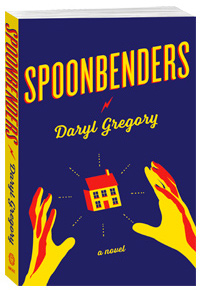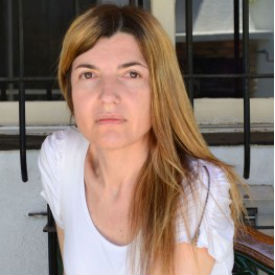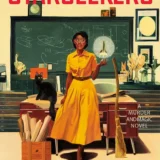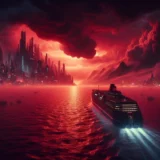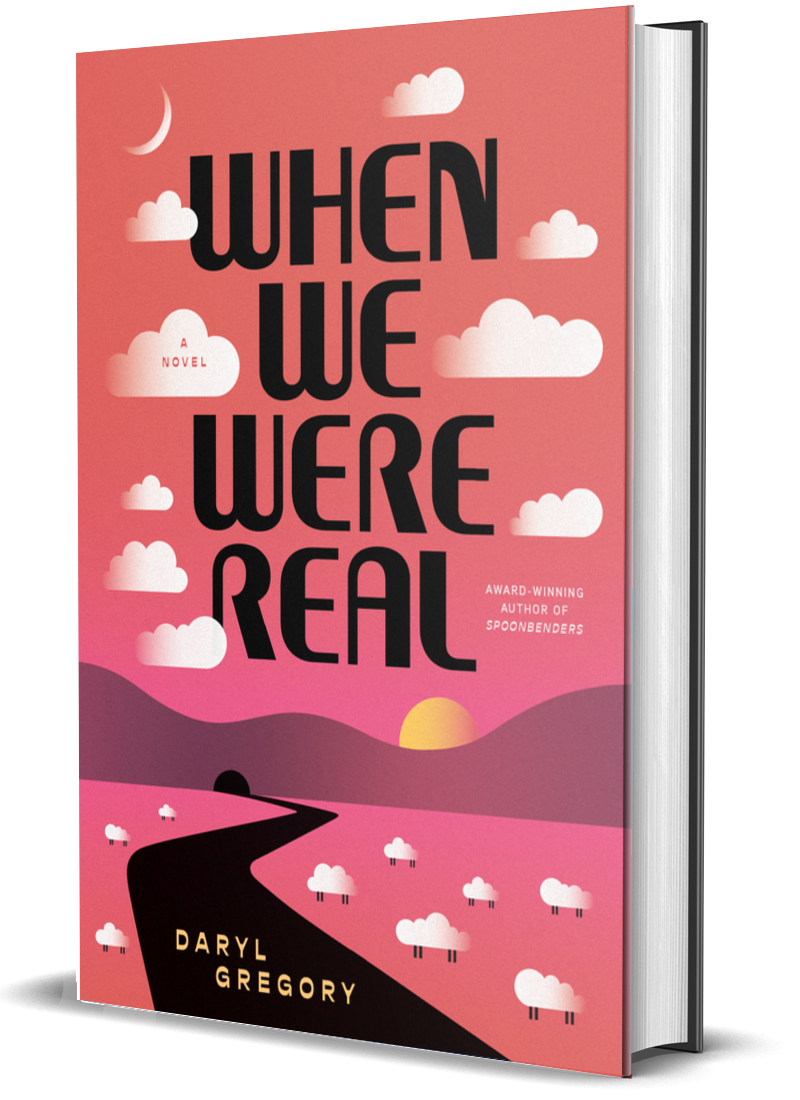 Daryl Gregory’s novels and short stories have been translated into a dozen languages and have won multiple awards, including the World Fantasy and Shirley Jackson awards, and have been nominated for the Hugo, Nebula, Edgar, Dragon, Locus, Lambda, and Sturgeon awards.
Daryl Gregory’s novels and short stories have been translated into a dozen languages and have won multiple awards, including the World Fantasy and Shirley Jackson awards, and have been nominated for the Hugo, Nebula, Edgar, Dragon, Locus, Lambda, and Sturgeon awards.
His next novel, When We Were Real, will be out April 1, 2025.
He’s written seven other novels, including Revelator and Spoonbenders.
His first novel, Pandemonium, won the Crawford award. Other books include the novellas The Album of Dr. Moreau and We Are All Completely Fine, and the short-fiction collection Unpossible and Other Stories, a Publishers Weekly book of the year.
He also teaches writing and is a regular instructor at the Viable Paradise Writing Workshop.
Define “Science Fiction” as Damon Knight did (“What we’re pointing to when we say ‘Science Fiction'”), but without using your finger.
Damon Knight was a teacher of mine at Clarion. It was like meeting God, not just because he was a legend, but because he looked like God—at least the twinkly, graybeard version that would prefer not to smite you but could if he wanted. That year at Clarion, Damon, Kate Wilhelm, and Samuel R. Delany all critiqued the story that would become my first sale, and I can’t thank them enough.
I believe Damon was talking about distinguishing SF from fantasy, but when it comes to distinguishing our genre from mundane fiction, I like the definition James Patrick Kelly and John Kessel came up with for the slipstream anthology they edited, “Feeling Very Strange.” The title is the definition. I think it applies to SF and fantasy and everything in between. You read something in touch with our field, even if it’s strictly mundane on the surface, you get this disorienting feeling in your gut that the world is not as it seems, and everything could change. That’s what I chase as a reader, and try to write.
If you could transport yourself to any fictional universe you’ve seen in a book you liked, which universe would you go to?
Easy answer – Iain M. Banks’ Culture universe. Gimme that post-scarcity communist utopia run by benevolent AIs.
Which trope of science fiction (phasers, transporters, time machines, much more) would you like to see put into our own reality? And how would you use it in a mundane way?
Star Trek replicators—which of course come with the free power to run them. Yes, yes, we’d eliminate hunger, and homelessness, and the high cost of pharmaceuticals. But I’d be able to get peanut butter and jelly sandwich immediately.
If you could choose any real-life celebrity to make a cameo appearance in one of your books, who would it be and why?
I already did this. In my first novel, Pandemonium, Philip K Dick appears. He didn’t die of a stroke in 1982, but was saved when his body was possessed by Valis. He’s accompanied by another writer who is suspiciously similar to Tim Powers.
If you had to choose between having the ability to speak with animals or plants, which would you choose and why?
Animals. If they started talking to me, I’d have to stop eating them—especially if they’re witty and hilarious and say nice things about my haircut. But if plants start yelling at me, that’s a nightmare. Can I not cut my lawn now? Can I not have a salad? I’m screwed.
***
In the fall of 2024 I’ve got a long novelette coming out on Reactor, formerly Tor.com, that’s a comedy but also an homage to Iain Banks, called “I’m Not Disappointed Just Mad, AKA the Heaviest Couch in the Known Universe.” My next novel, When We Were Real, is out April 1, 2025–no foolin’. It’s a big, boisterous road novel set seven years after we all found out we’re living in a simulation. It’s riffing off The Canterbury Tales, but with 21st century pilgrims trying to figure out what matters in an artificial world.
Steve Davidson is the publisher of Amazing Stories.
Steve has been a passionate fan of science fiction since the mid-60s, before he even knew what it was called.

